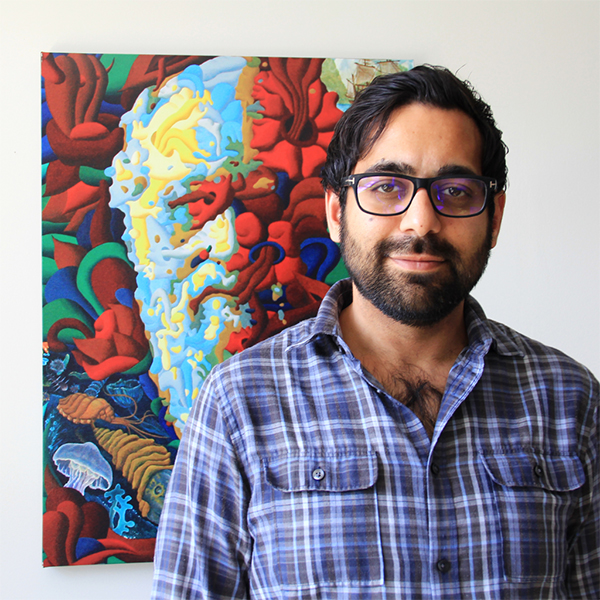From the Impossible Whopper to Oatly ice cream, plant-based foods are hitting the mainstream, popping up everywhere from burger chain menus to grocery store shelves. The global market for plant-based dairy and meat alternatives is expected to grow fivefold by 2030 to $162 billion, according to a Bloomberg Intelligence report.
But despite reported health benefits-not to mention ethical and environmental ones-is the average American meat lover ready to switch?
Perhaps not. Although a 2021 CBS News poll found 36 percent of Americans had trimmed the amount of meat on their plates in recent years, the nation still tops most international charts for meat consumption. Americans chowed down on 27 billion pounds of beef in 2020 alone.

Philosopher Victor Kumar has been studying why it's so hard to shake people from their T-bones and Big Macs. An expert on morality and moral progress, he recently coauthored a paper in the Journal of the American Philosophical Association that looked at the psychology of reducing meat consumption. Kumar, a Boston University College of Arts & Sciences assistant professor of philosophy and head of the BU Mind and Morality Lab, examined the psychological mechanisms that allow carnivores to ignore ethical arguments against meat. He and coauthor Joshua May, an ethicist and cognitive scientist at the University of Alabama at Birmingham, also outlined ways to convince people to switch to plant-based alternatives.
The Brink spoke with Kumar, who also recently coauthored the book, A Better Ape: The Evolution of the Moral Mind and How it Made us Human (Oxford University Press, 2022), about his findings and recommendations, the impacts and ethics of plant- and animal-based diets, what it means to lead a "reducetarian" lifestyle, and how to make veggie alternatives more accessible for all.
This interview was edited for clarity and brevity. Andrew Thurston contributed reporting to this article.






